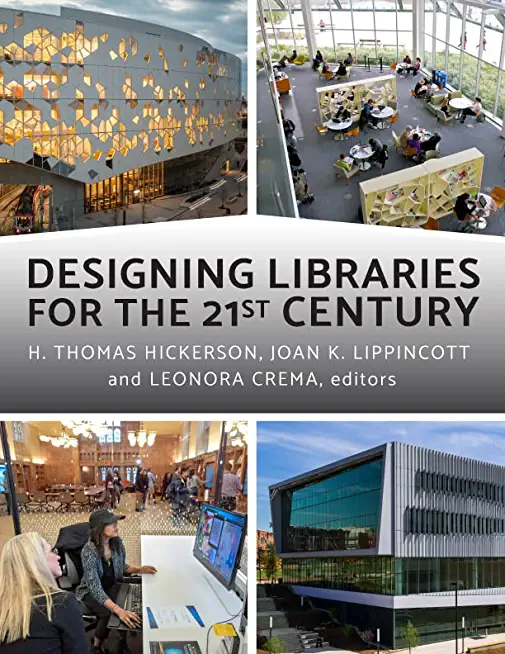
description
3The 21st century has seen a transformational shift in the design of college and research libraries, one focused more on user experience and engagement than on collections. Dramatic changes in library design have been driven by changes in the core functions of universities and colleges: the reliance on digital tools and content, integration of technologies into pedagogy and research, and emphasis on the active and social aspects of learning, inclusion, and community engagement. Planning for these vibrant spaces needs to incorporate new program and staffing strategies, robust technical infrastructure, human-centered design, and flexibility to enable ongoing change. Designing Libraries for the 21st Century explores these trends and identifies promising strategies for new or renovated library space. The book features an impressive array of authors drawn largely from the conference of the same name, providing guidance, principles, and a wealth of creative ideas for spaces, technology, programs, and partnerships. Twenty-nine chapters packed with full color images and illustrations explore these themes:
This book is also available as an open access edition at https: //bit.ly/DesigningLibraries
- 21st-Century Academic Libraries in an Evolving Environment
- Aligning with the Institutional Vision
- Working with Architects, Designers, and Planners
- Key Issues in Planning
- Collaborations and Convergence
- Leadership, Organizational Change, and New Staff Roles
- Programming for Research, Learning, and Community
- Looking Ahead
This book is also available as an open access edition at https: //bit.ly/DesigningLibraries
member goods
No member items were found under this heading.
Return Policy
All sales are final
Shipping
No special shipping considerations available.
Shipping fees determined at checkout.







